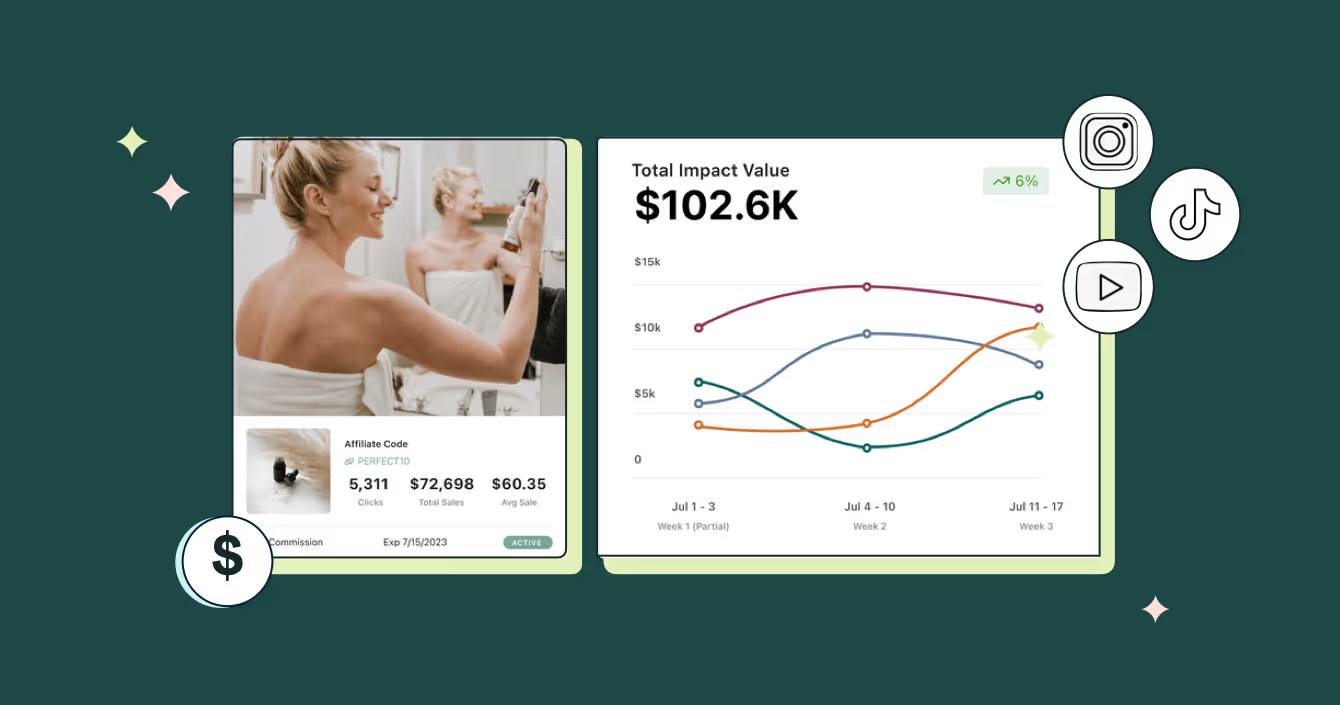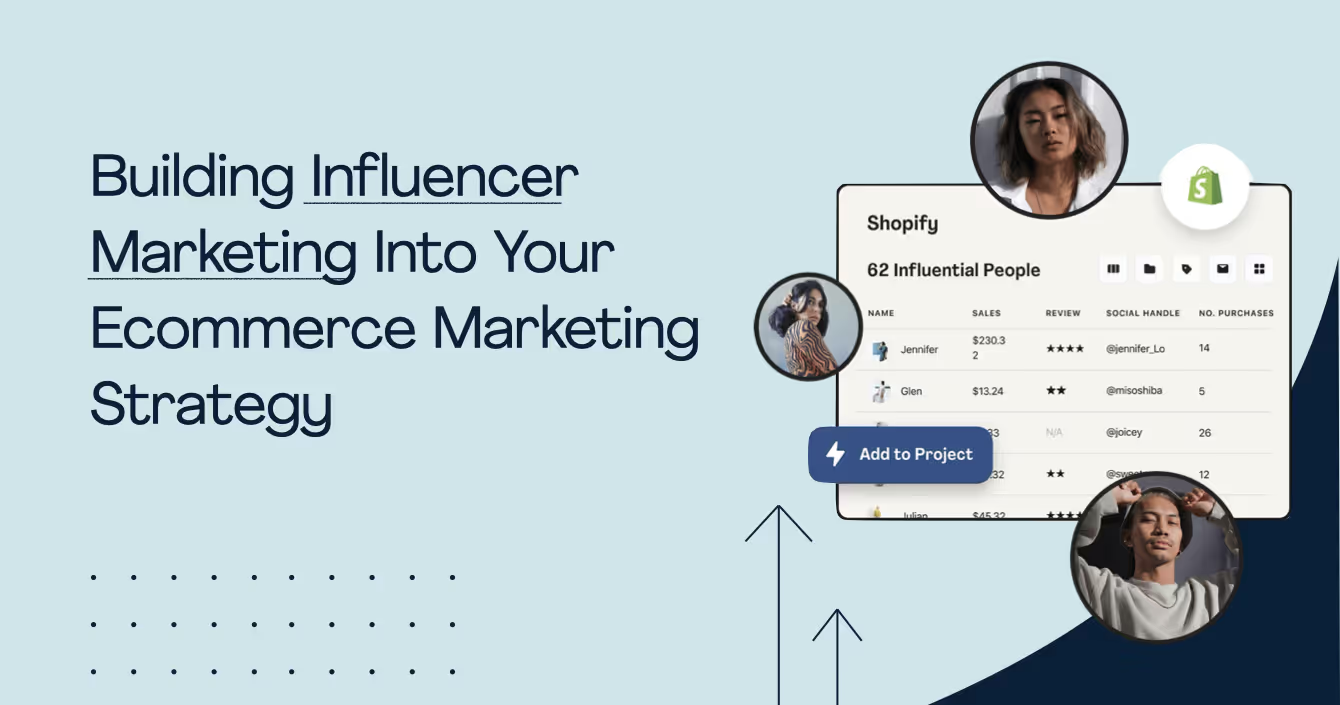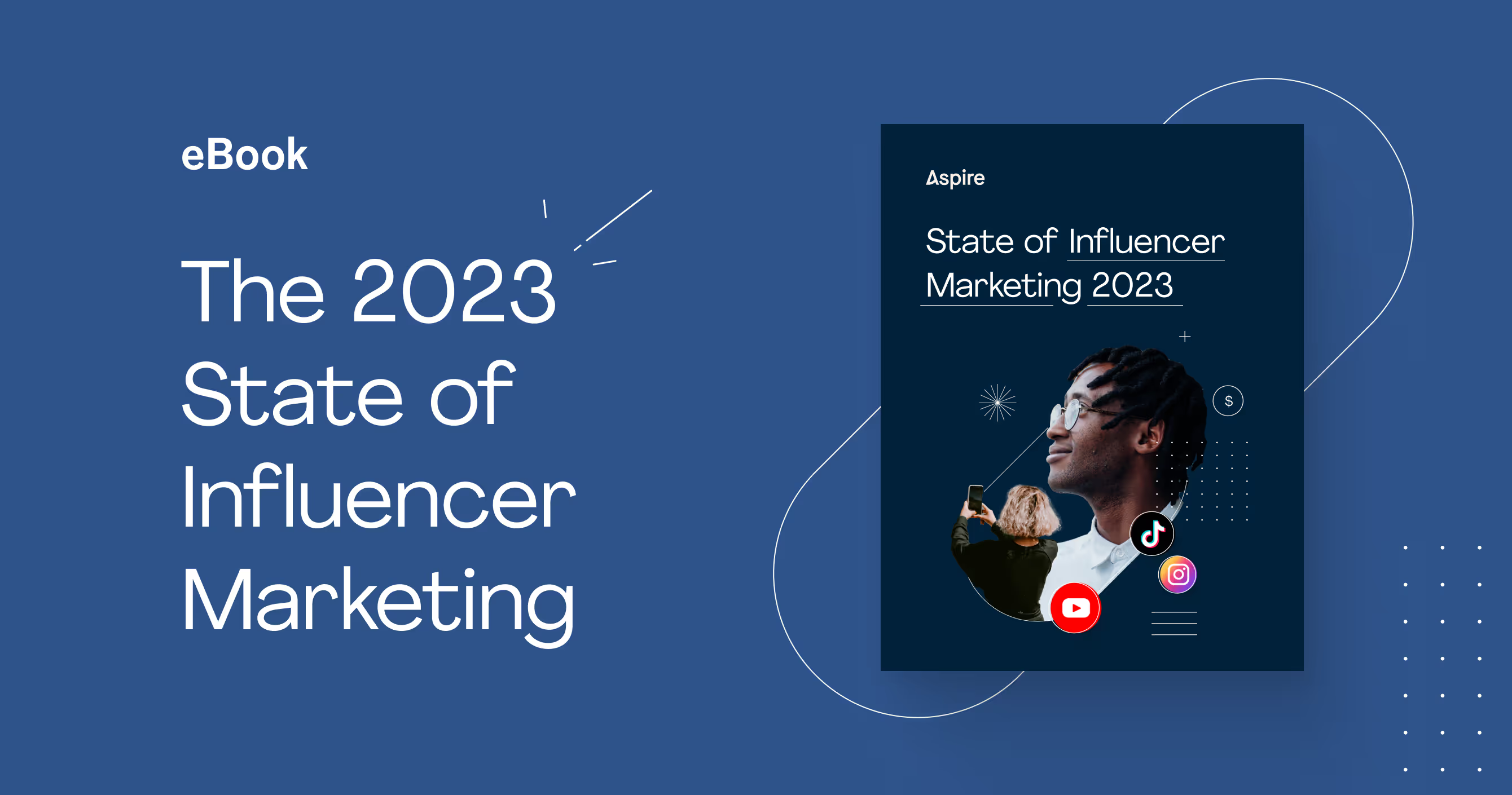This Study Says Social Media is the Future of eCommerce

In the last decade, we’ve witnessed social media platforms go from being a virtual hangout spot, to becoming a full-blown commerce network. Now, social media is a non-negotiable tool for every ecommerce brand to achieve their marketing goals, whether it’s to boost brand awareness, build a community, or drive sales.
A recent HubSpot study brought some new data to light that further reinforces this fact: social media is the future of ecommerce. Using this data, let’s unpack the evolution of social media and the major role it plays in ecommerce today.
The evolution of social media
As social media platforms like Facebook, Instagram, Twitter, and YouTube arose, everyone jumped at the chance to share their everyday life online. Of course, celebrities and reality TV stars garnered many followers on social media due to their existing popularity. But a new phenomenon quickly set in as a handful of “regular” people started accumulating large followings as well, due to their highly engaging content and close interactions with their followers. Because of their ability to influence the decisions of their audience, these “regular” people became known as influencers.
With the evolution of influencer marketing came the emergence of shiny new social media marketing tools and cool new algorithms for brands to leverage. Suddenly, brands were able to meet consumers where they are and drive sales in a more effective way than through other forms of media, such as TV, radio, and print.
And thus, the social media marketing industry was born. Now, brands everywhere put channels like Instagram and TikTok at the core of their marketing strategy in order to reach their business goals. This has altered the marketing landscape for the better, empowering brands with quicker, easier, and more meaningful ways to build relationships with their community.
3 key ways social media is changing the marketing landscape
Social commerce
Social commerce refers to a subset of ecommerce that entails selling products directly on social media, allowing the entire shopping experience — including product discovery, research, and checkout — to take place on a social media platform.
In the past, consumers interacted with ecommerce sites independently from other customers. However, through social commerce, online shopping has been made into a collective experience. Virtual communities can engage in conversations around a brand, share product feedback with other consumers, and influence each other’s purchasing decisions. Social commerce tools allow consumers to conveniently shop for products right where they found them — on social media.
Social commerce has become so big that 80% of social media marketers say consumers buy products directly within social apps more often than on brand websites or through third-party resellers.
Customer service
According to the same HubSpot study, consumers are also using social media for customer service. Shoppers want to be able to contact a brand’s customer service team through channels like Instagram DMs, rather than having to go out of their way to email the company. That’s why 76% of social media marketers also say that their company already offers customer service via social.
SEO
Search engines like Google and Yahoo! have consistently led the charge as the legacy channels for discovery. However, social search is becoming more popular as social media platforms prioritize search engine optimization. In fact, Google themselves recently revealed that younger users prefer to use Instagram and TikTok for discovery purposes over Google.
As the social media marketing industry continues to shift in this direction, 89% of social media marketers are prioritizing search as an important factor in their overall social strategy.
What does all this mean for your ecommerce brand?
It’s time to invest in strategies that are social-forward. Here are some of our tips:
- Plan your social calendar ahead of time. Today, your organic social channels play a massive role in representing your brand — who you are, what you stand for, and how you can help your customers. To engage your audience, your social accounts should feature a diverse mix of content, such as educational content, trendy content, interactive content (i.e. polls, Q&As, etc.), memes, and more. Map out your monthly social calendar so that you have enough time to brainstorm, create, and source your content, and build an engaging account that is worth following.
- Work with influencers: Incorporating influencer marketing into your ecommerce strategy may be the most impactful way to build a recognizable presence on social media. Influencers are social savvy creators who have mastered the art of producing engaging social content. Whether it’s a step-by-step makeup tutorial using your products or a clothing try-on haul featuring your new collection, influencers can help spread the word about your brand in a way that feels native to the social platform and, more importantly, authentic to their audience.
- Have smart paid social strategy: The best paid strategy is to boost or repurpose influencer-generated content and user-generated content into ads across social. Because their content is native to the social channels, it will seamlessly blend into users’ feeds and typically perform better than an ad featuring brand-directed, studio-shot content.
Want to learn more about how influencer marketing can transform your ecommerce business? Download our complete guide, The State of Influencer Marketing 2023.


